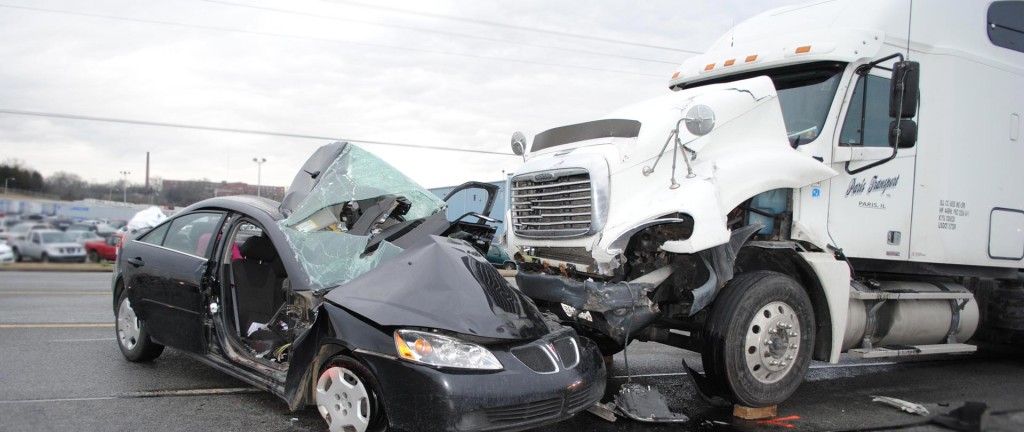
There are TONS of things that we look at in order to form an opinion as to what your North Carolina Auto Accident Injury claim might be worth…liability questions, previous injuries, medical expenses, injury types are just a few.
One factor that comes up often in discussions with clients is the length of your treatment. In other words, how long you are under the care of a healthcare provider does greatly influence how your claim is valued. But it’s not as simple as more is more.
With most auto accidents, I see soft tissue/neck and back injuries that tend to take about 4.5 months, give or take, to resolve. During that time, most clients choose to undergo either PT or chiropractic care. That’s fairly normal, and as long as those bills look like similar bills in the area (and not inflated) then we can normally get those covered and then some. But the more you deviate from the norm, the more it can negatively impact your claim.
Don’t get me wrong, if you end up with 9 months of chiropractic treatment and a commensurate bill, we might be able to get that covered, too. But at a certain point more just begins to look like overreaching, so it’s important that your healthcare provider document the necessity of ongoing treatment. Similarly, the lack of treatment after an accident – no matter what your complaints or how long you make them – serves to severely hobble the perceived value of your claim.
I never make treatment recommendations, as I frequently point out that I don’t have that kind of doctorate, but I do like to talk with people about how their treatment can impact their claim. Choosing not to get treatment after an accident can be devastating to claim value. Continuing to treat just to make your bill higher (none of my clients would do that) can also be devastating. It’s important to stay in touch with your experienced personal injury attorney during the course of your recovery to make sure you’re on the right track.






